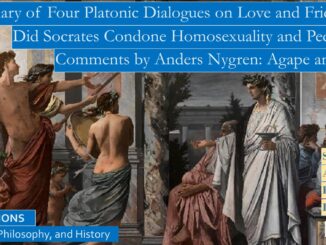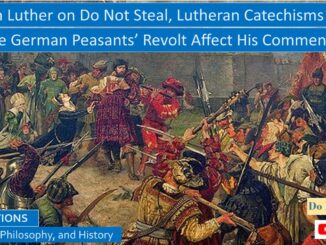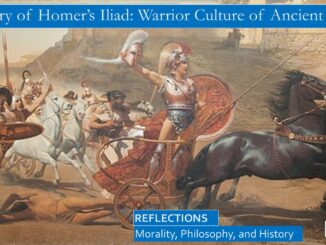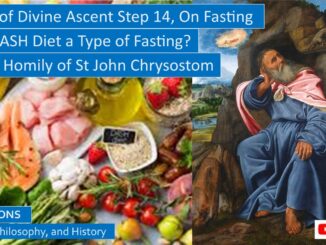
Jimmy Carter Inspirational Daily Devotions: Bible Stories, Reflections on Historical Events
One of Bonhoeffer’s most famous books carried the title, The Cost of Discipleship. In it he condemns what he calls cheap grace. He insists one cannot follow Christ without full commitment, wherever that commitment might lead. In his case it led to a Nazi gallows.”
Dietrich Bonhoeffer and Karl Barth were leaders in the Confessing Church that resisted the Nazi infiltration and cooption of German Christianity, opposing the Nazi notion that Jesus wasn’t Jewish and that Christianity should condone the persecution of the Jews. […]








